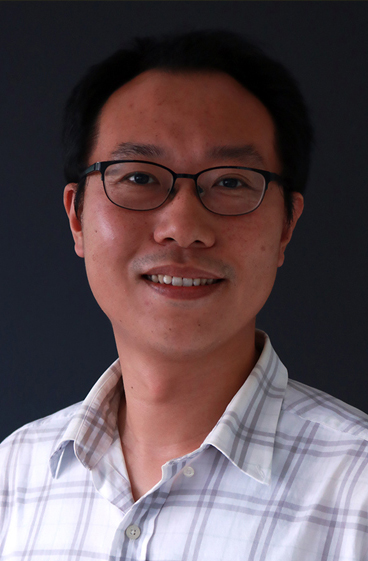Dr Taehwan Kim

Originally studying and working in fast-paced, uber city Seoul, South Korea, he comes to us via the USA: working at Oklahoma State University and completing his PhD at Purdue University in Indiana. Dr Kim brings with him many strengths and much experience, but perhaps his two greatest strengths are his drive toward interdisciplinary research and his ambition to be a world leading researcher in the relatively new area of chemistry of cementitious materials.
Only speaking English for eight years, he learned this difficult second language through email, discussions with his supervisor and by reading and writing technical materials, but he is also quickly becoming accustomed to the colloquial nuances of Australian English. He has felt very welcomed and accommodated by CVEN staff and students who, he says, “are familiar with communicating with international staff”.
His overarching career interest is improving the durability and sustainability of construction materials. Concrete has a long history, perhaps beginning three thousand years ago as the Egyptians built their pyramids. Two thousand years ago Romans created a kind of mortar to build masterful and resilient structures. But modern concrete has only been with us since the late 1800s. And it could be improved. Its quality is often affected by temperature, moisture and stresses such as vibration. Dr Kim is among a very small number of researchers who combine empirical data with chemical science to characterise cementitious properties.
Advanced x-ray technology such as micro CT can help unlock the interior of concrete, creating detailed characterisation profiles. From such research emerges exciting possibilities for innovations: such as the use of by-products from other industries as a component of contemporary concrete, easing its ecological footprint. An important step considering concrete is the second most prolific matter on our planet, only beaten by water.
Since arriving at UNSW Dr Kim has developed a working relationship with the Mark Wainwright Analytical Centre, a centralised laboratory that houses major instrumentation for the analysis of physical materials. This state of the art equipment is beyond the economic reach of an individual faculty and is a major attraction for Dr Kim and other international researchers.
“I hope in the future, by bringing chemical science to empirical data, we can predict the performance more accurately and improve the durability of concrete materials”, lowering costs, ensuring safety and contributing to a sustainable future.



